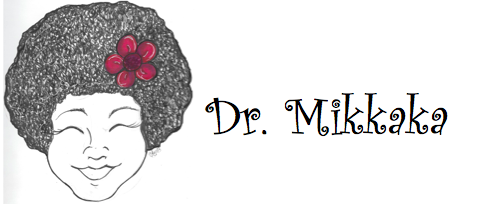What's Your North Star?
What is your guiding principle, your north star, the belief that guides you as an educator?
I ask my preservice teachers to think about this every semester, as I ask any teachers I work with for professional learning. The North Star has long served as a guide, helping travelers reorient themselves when lost and to find their way in the darkness. As teachers, we need a touchstone to get us through the challenging times, to remind us why we started this difficult and rewarding journey.
Unfortunately, it’s easy to lose sight of the North Star during storms or cloudy nights. When rules and regulations and pacing guides and new curricula mandate our every move, it’s hard to remember that we believe “all children deserve a quality education” and to make individualized instructional decisions accordingly. When we encounter an especially complicated student who challenges our patience daily, it’s easy to forget that we came into teaching believing “all children can learn” and “deserve a caring and loving teacher”.
But we have to remember, and we have to ACT accordingly. Teachers should be continually engaging in critical reflection. It is through such self-reflection that we notice things about ourselves that impact our interactions with students. Some questions we might ask ourselves include:
What do I believe about teaching?
What do I believe about children?
How is that reflected in...
the instructional decision I just made?
what I just said to that child?
how I think and speak to and about children and families?
Being honest with ourselves about how our thoughts, words, and actions align is a crucial step in our professional development. Resolve to include self-reflection as a part of your routine this year!
Keep the conversation going in the comments or in your own circles. Question for Reflection: How do we ensure we are continually reflecting on our own beliefs and practices? How do we ensure alignment between our professed beliefs and our instructional practices?
